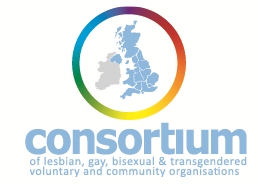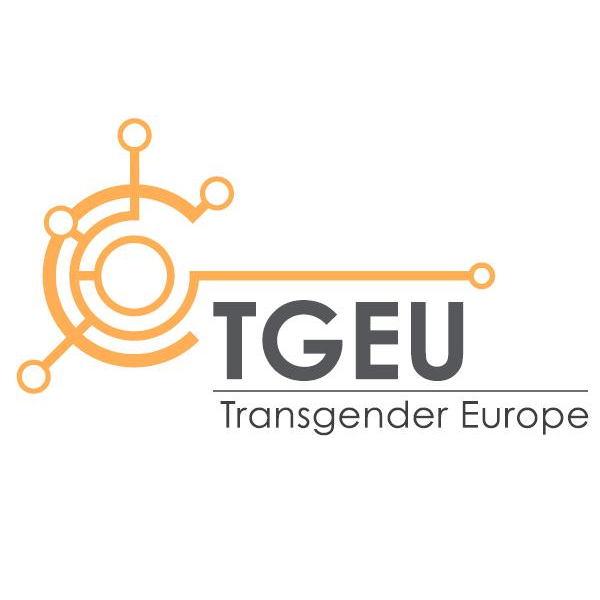- Details
- Document originally published by North of Tyne Area Prescribing Committee
Information for GPs regarding the use of masculinising hormone therapy in gender dysphoria. This guidance has been prepared and approved for use in Newcastle, North Tyneside and Northumberland in consultation with the Primary and Secondary Care NHS trusts.
Extract from Document
Gender dysphoria refers to discomfort or distress that is caused by a discrepancy between a person’s gender identity and that person’s sex assigned at birth (and
the associated gender role and/or primary and secondary sex characteristic). Transsexualism is the desire to live and be accepted as a member of the opposite sex, usually accompanied by the wish to make the individual’s body as congruent as possible with the preferred sex through surgery and hormone treatment (ICD-10 code F64.0).
Feminising or masculinising hormone therapy – the administration of exogenous endocrine agents to induce feminising or masculinising changes – is a medically necessary intervention for many transsexual, transgender, and gendernonconforming individuals with gender dysphoria.
The aim of hormone treatment for transgender people is to modify secondary sexual characteristics, so that the individual’s body is more in keeping with their gender identity, thus reducing the dysphoria and distress that they experience. In order to achieve this, hormones of the opposite biological sex are administered, sometimes in conjunction with medication to suppress endogenous sex hormone production. GnRH analogues are generally used in order to
achieve this.
Hormone therapy can provide significant comfort to people who experience gender dysphoria who do not wish to transition to a different gender role or undergo surgery, or who are unable to do so. Hormone therapy may be recommended for patients who do not want surgery following assessment following assessment and in accordance with UK standards (Good practice guidelines for the assessment and treatment of adults with gender dysphoria, Royal College of Psychiatrists, 2013). In some patients, hormone therapy alone may provide sufficient symptomatic relief to obviate the need for transition to a different gender role or surgery.
Not all these medicines used in this context are licensed for the treatment of gender dysphoria, nor are they likely to be. However, they are widely used medicines for other indications, which GPs will be familiar with. Hormone prescribing in this field under the guidance of a specialist service, has been shown to be safe and can be undertaken mainly in primary care. Accepting the desire for the guidelines to be evidence based, there is a great paucity of such evidence. Hormone support is based on traditional patterns of treatment. Hormone support in the Northern Region Gender Dysphoria Service is provided by a Multidisciplinary Team that includes advice from a specialist clinical endocrinologist.
Wherever possible, physiological end organ response is the aim of endocrine treatments. This is based on management of circulating hormone levels to allow
accurate and individual dose titration together with suppression of the hormone effects associated with the undesired gender. Treatment is flexible and patientled
as far as is consistent with clinical safety and with the agreement of the prescriber and taking account of the individual’s views of their needs.
Close liaison between the specialist clinician and GP is essential, as are physical assessment and ongoing haematological, endocrinological and biochemical monitoring. All patients receiving hormone therapies are regularly reviewed to ensure that clinical well-being is maintained. The service aims to see patients every 4 months in the first year of treatment and at least 6 monthly thereafter. Choice of hormone preparation, method of delivery and dosage is in line with current understanding of minimum health risks and maximum efficacy. The endocrine treatment protocols outlined below aim to deliver optimum results in
the safest way, and should be suitable for the majority of people. Where an individual has a medical condition that may impact on hormone treatment or vice
versa, the specialist clinician may request that the GP refers the patient to the regional specialist endocrinology service (contact details available at the end of this document).
- Details
- Document originally published by North of Tyne Area Prescribing Committee
Information for GPs regarding the use of feminising hormone therapy in gender dysphoria. This guidance has been prepared and approved for use in Newcastle, North Tyneside and Northumberland in consultation with the Primary and Secondary Care NHS trusts
- Details
In a standing room only session at ENDO 2013 in San Francisco, CA, expert faculty led discussions on transgender medicine and how to improve the daily clinical practice. Transgender medicine has increased visibility among the endocrine community, in large part related to publication of The Endocrine Society's guidelines (2009) and the World Professional Association for Transgender Health's Standards of Care (2011). Yet uncertainties exist in the endocrine community.
This special session was designed to address those uncertainties by discussing the insights on the mechanisms of gender dysphoria, approaches to psychological and medical treatment, and effectiveness and safety of hormonal treatment. The audience and faculty led highly engaging discussion on areas in mechanism, medical treatment, and outcomes, which can watched freely online.
Read more: Transgender Medicine: What Every Physician Should Know
- Details
Evidence based practice guidelines for endocrine treatment of transsexual persons.
Abstract Conclusions:
Transsexual persons seeking to develop the physical characteristics of the desired gender require a safe, effective hormone regimen that will 1) suppress endogenous hormone secretion determined by the person’s genetic/biologic sex and 2) maintain sex hormone levels within the normal range for the person’s desired gender. A mental health professional (MHP) must recommend endocrine treatment and participate in ongoing care throughout the endocrine transition and decision for surgical sex reassignment. The endocrinologist must confirm the diagnostic criteria the MHP used to make these recommendations. Because a diagnosis of transsexualism in a prepubertal child cannot be made with certainty, we do not recommend endocrine treatment of prepubertal children. We recommend treating transsexual adolescents (Tanner stage 2) by suppressing puberty with GnRH analogues until age 16 years old, after which cross-sex hormones may be given. We suggest suppressing endogenous sex hormones, maintaining physiologic levels of gender-appropriate sex hormones and monitoring for known risks in adult transsexual persons.
- Details
This patient guide is based on clinical guidelines written by an expert group of doctors from The Endocrine Society to help endocrinologists provide appropriate hormone therapy for transsexual persons who want to develop the physical characteristics of their desired gender.
Read more: Endocrine Treatment of Transsexual Persons: A Patient's Guide
- Details
- Document originally published by Dr. Richard J. Curtis, The London Gender Clinic
Document explaining the effect of progesterone on trans women.
- Details
Guidance on the effects and risks of hormone therapy for trans people.
- Details
Example consent forms for hormone and surgical treatment of trans people.
UK Trans Info is run by volunteers and relies on donations from supporters in order to function. If you feel able to donate then please use the button below to make your donation. You will be able to choose how much you would like to donate (any amount is greatly appreciated) and if you would like it to be a one-off or a monthly donation.









